Only one problem--how do you define success? That slippery little goal post keeps moving. In the very early days of my writing adventures, I imagined success to mean finishing a novel. Once that goal was accomplished, success became having a novel published. And once that goal had been reached, success was having either a best seller or a prize winner. That last goal? It's kinda half done, I have won a few awards, which of course moves the post to bigger awards. And best seller? Well, that one seems a distant goal at present...
Lately, I've been working on redefining the idea of success altogether. I've been trying to remember how very far I have come. Of course, I still have goals. Everyone does and probably everyone should. But, too often, we forget those old goal posts--the ones we passed by a while ago. I can remember sitting in a writing class where, when we introduced ourselves, several of my classmates mentioned that they'd finished writing a novel. As a short-story writer and a poet, I was blown away by the very idea of such a feat. It seemed daunting. That older version of me would be incredulous if I told her she would be working on novel number 16 at some point in her future. I try to remember this when I fret over sales, or when publication doesn't go as planned, or when one of the million detours along writer road inevitably happens. Success, as some one wiser than me once said, is what you make of it.
How do you define yours?
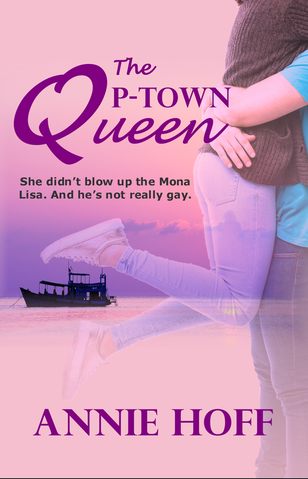
Click on the cover for more info.
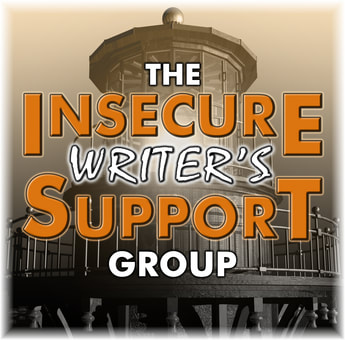
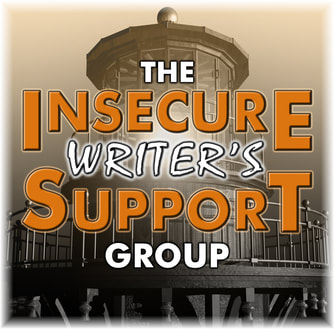
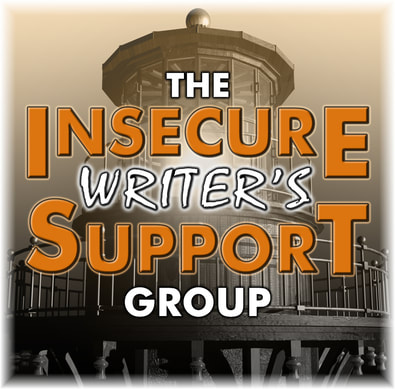
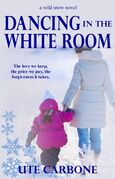
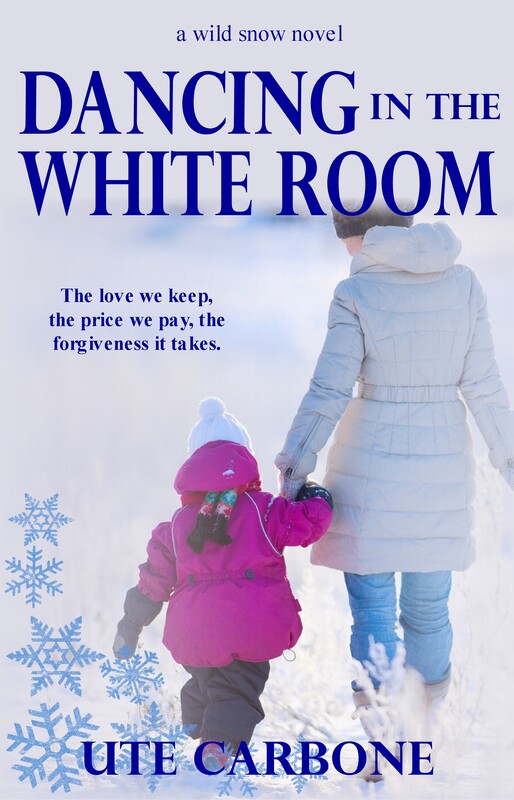
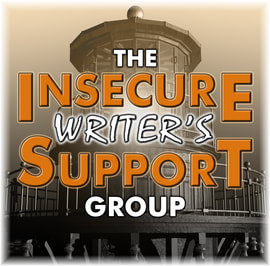

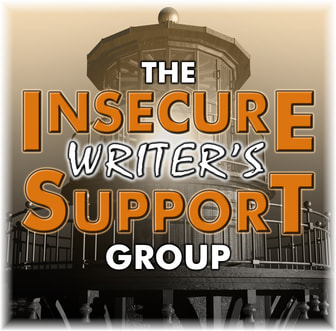
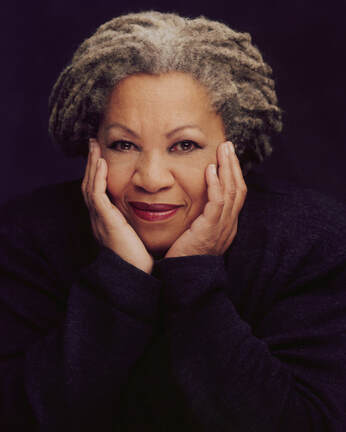
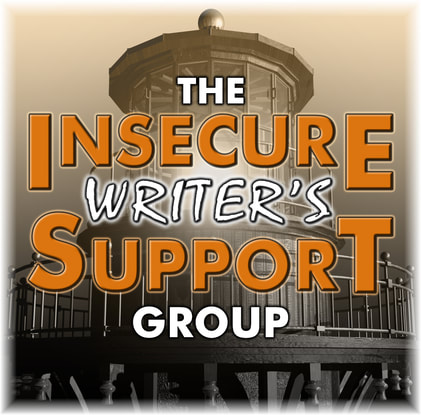
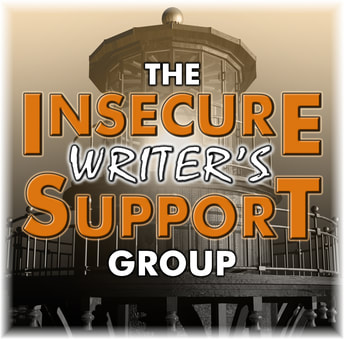

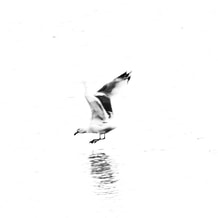

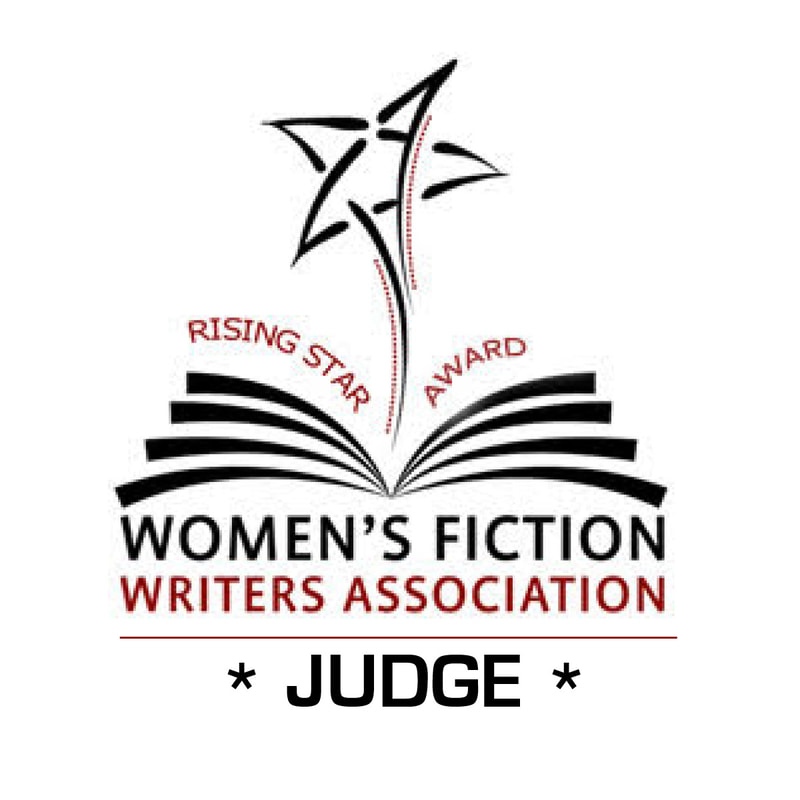
 RSS Feed
RSS Feed

